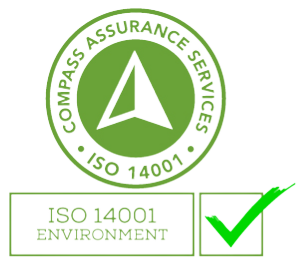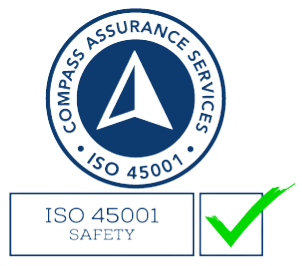A common confusion among many is whether residential and commercial electrical installations are the same. Well, the short answer is no. Both are completely different from each other. To explain it better, one must understand what electricity is.
What is electricity?
What is electricity?
According to Chris Woodford from Explain That Stuff, “Electricity is a type of energy that can build up in one place or flow from one place to another. When electricity gathers in one place it is known as static electricity (the word static means something that does not move); electricity that moves from one place to another is called current electricity.”
Based on this statement, what most electrical devices and appliances make use of is current electricity. In buildings, for example, electrical panels are used to control the flow of electricity. This way, it ensures that the system won’t be overloaded or underpowered. That is why residential and commercial properties have different electrical loads. In order to further understand their difference, check out the following points:
What is electricity?
Contrasting Wiring types
For residential electrical wiring, it is usually fully encased within sheath insulation. It is to protect not just the wires but the people as well from getting an electrical shock. Most residential wirings have a single-phase circuit of 120 Volts. Electrical appliances such as refrigerators and air conditioning units have a two-phase circuit of 240 Volts. This type of wiring is usually hidden from view, within walls or ceilings.
On the other hand, commercial electrical wiring uses a three-phase design and is often contained in tube-like conduits or ceiling rafters. It has a set up where each wire has less workload, and thus creates a higher result when combined together. This means that this type of wiring is very efficient and long-lasting. Higher voltage requirements are also frequently required in commercial establishments, which makes them the most suitable wiring type.
What is electricity?
Differing Loads of Power
As previously stated, residential buildings have a single-phase power of 120 Volts. This means that it can only supply electricity using three wires. These are positive, negative, and neutral. A two-phase power of 240 Volts is for those demanding appliances that require more voltage.
A three-phase power for a commercial building is composed of two smaller legs that use 120 Volts and a third one that operates at 208 Volts. Each leg will be required to perform at a lower workload and, at the same time, supply more energy to the final output. This is the reason why commercial electrical wiring requires more insulation or known as Thermoplastic, high-heat resistant, nylon coated, or TTHT. This protects the wiring from things like corrosive gases.
What is electricity?
Why Hire an Electrician Company?
When it comes to handling the most versatile source known to mankind, electrical professionals are needed. At Radi Electrical, we offer both residential and commercial electrical solutions. We believe in delivering high-quality results by making use of the latest technology in the industry. We are the kind of electrical technicians you want to keep. We even provide 24-hour emergency services!



